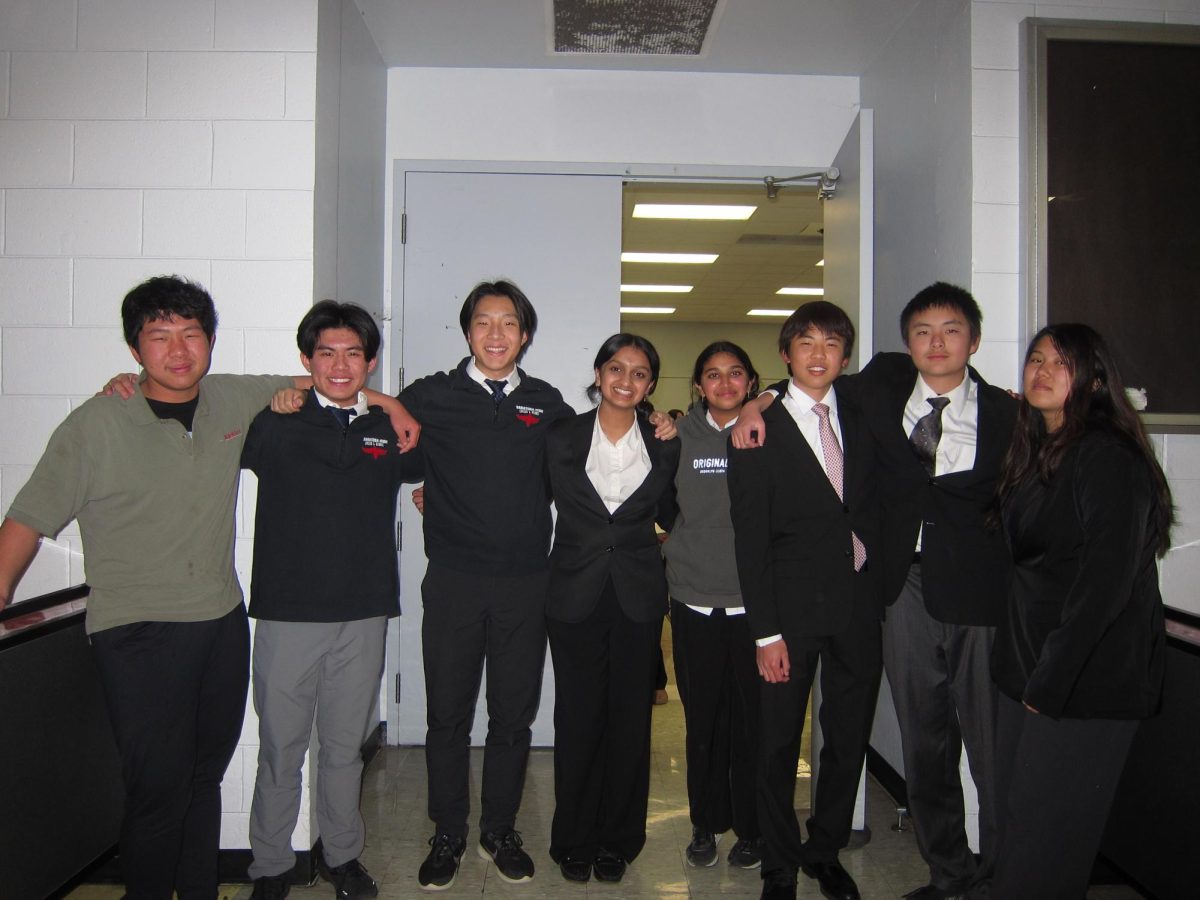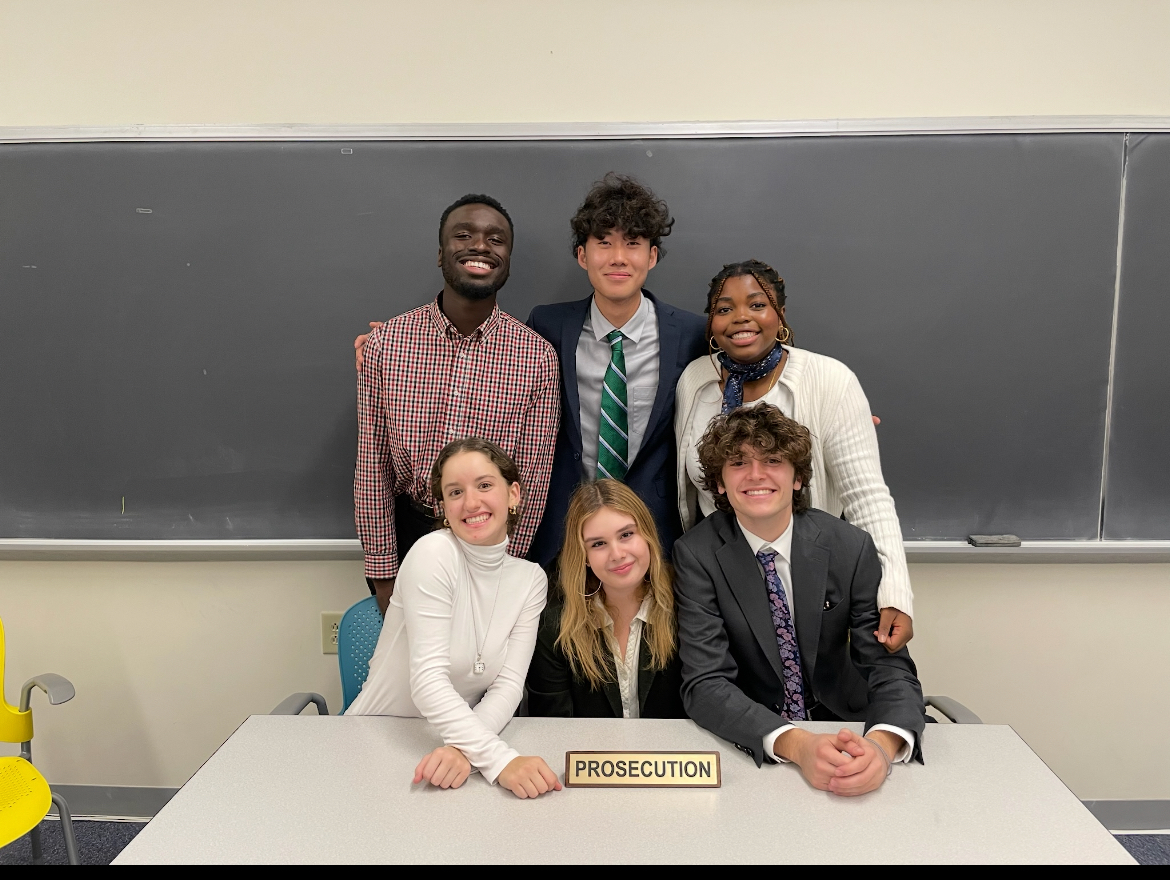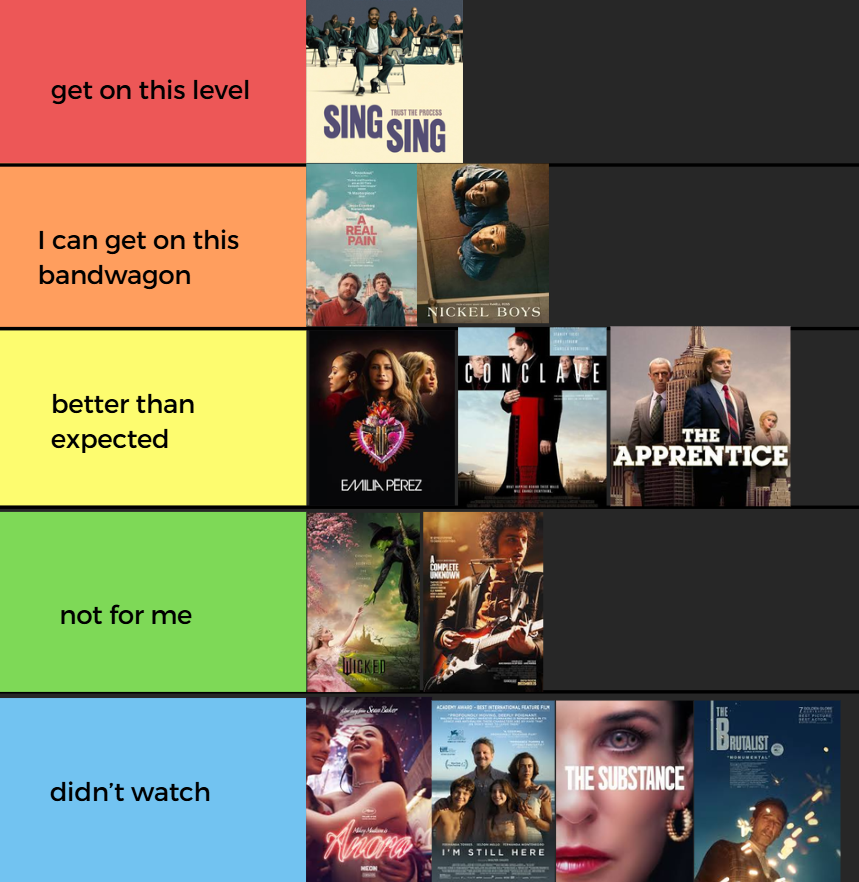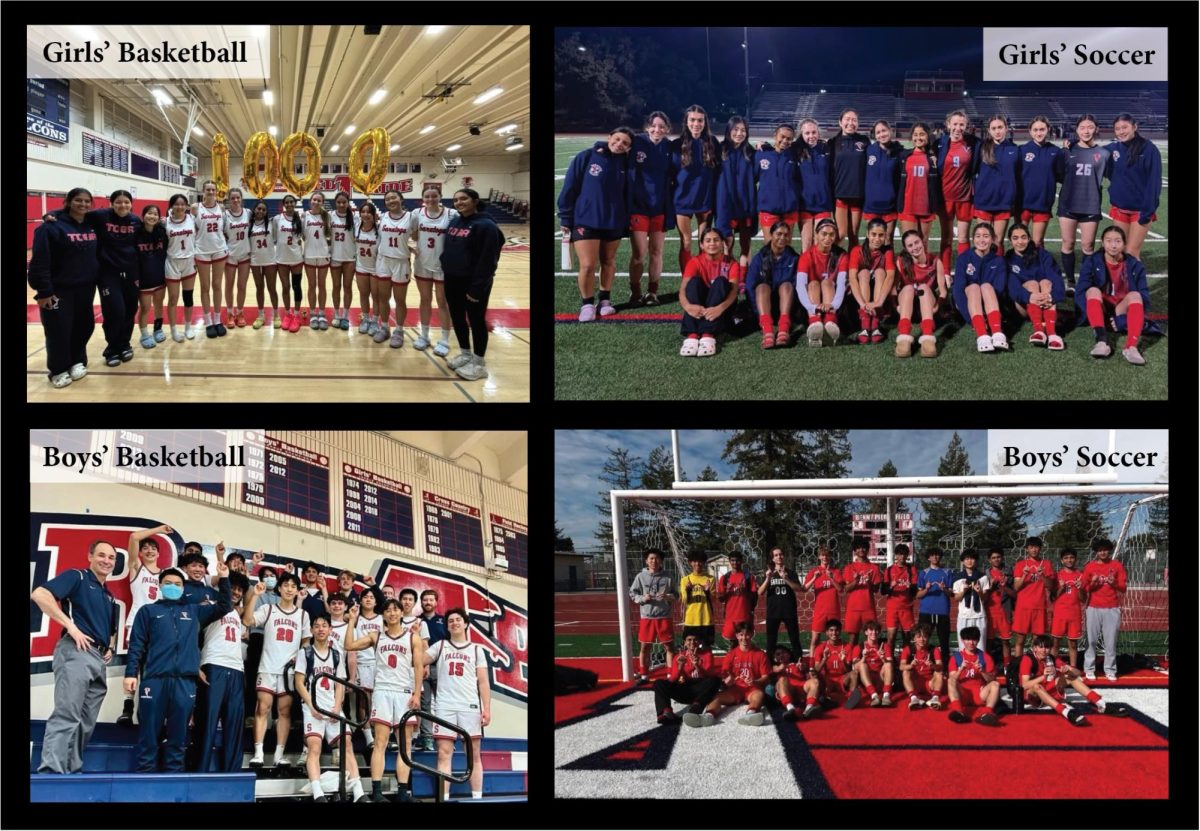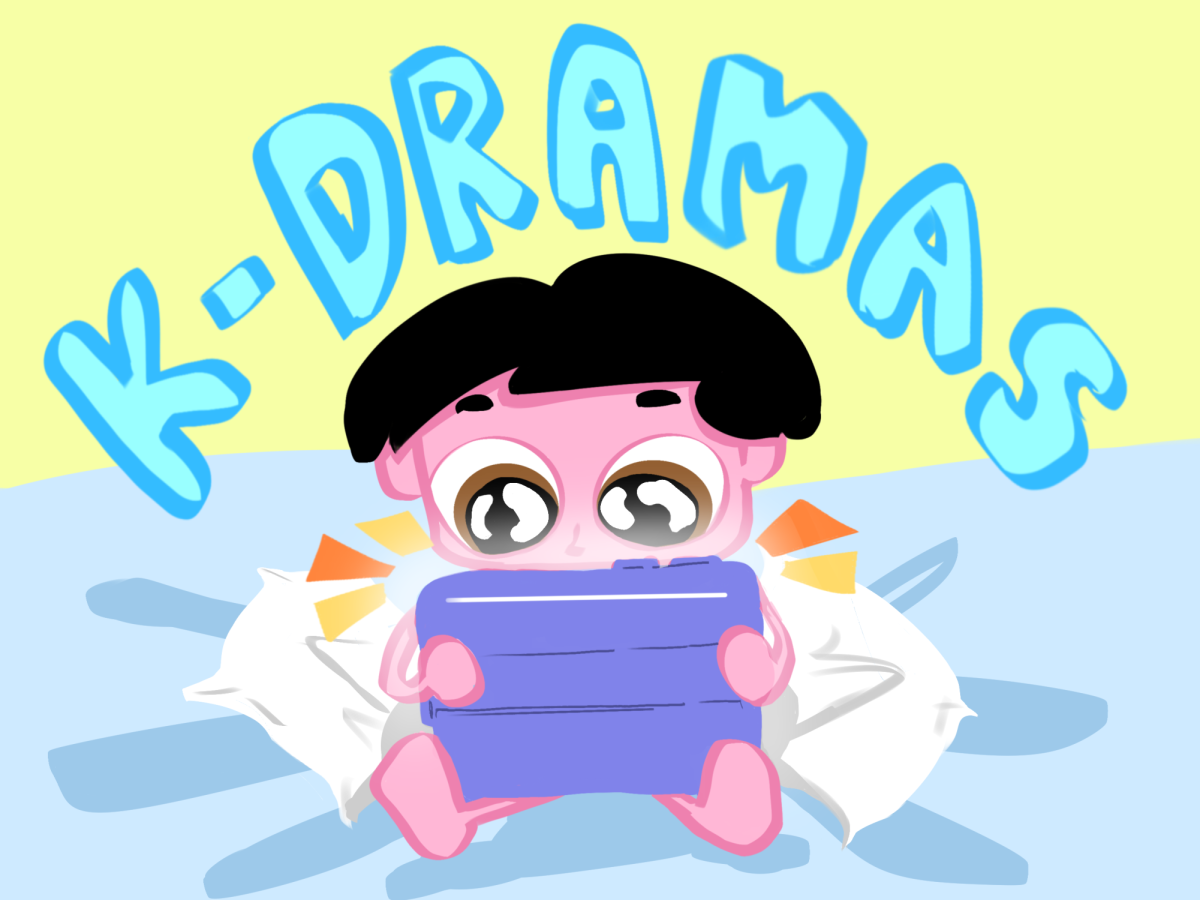Annelise Nussbacher became interested in the school’s drama program than four years ago, when she was just an anxious, wide-eyed freshman trying to find her place among her fellow Falcons.
Today, theater is her passion and her “first love.”
“[Theater] is euphoria, and it’s wonderful,”Nussbacher said. “It’s what gets me through the day.”
Although her forte is acting, Nussbacher also possesses a remarkable talent for costume designing. In her sophomore year, she placed first in a statewide costume design competition against more than 50 other high school students.
“It was one of the most exhilarating moments to have my name called in that auditorium in front of every theater department in the state,” Nussbacher said.
Nussbacher has decided to pursue her interest in the arts beyond high school and is looking to applying to colleges such as UCLA, UC Irvine, Cal Arts, Boston University, Emerson, NYU, The Royal Academy of the Dramatic Art in London and The London Academy for Music and Dramatic Art.
“I don’t differentiate between [theater schools] inside of the U.S. and outside of the U.S.,” Nussbacher said. “You really have to look from school to school because their programs can vary so much.”
Contrary to the conventional application process, where applicants must fill out forms and write essays, applying to a theater school requires a standard application as well as an audition, possibly even more than one.
For the audition, schools often ask applicants to contrast comedic and dramatic monologues or to contrast modern and classical monologues. The audition process varies from school to school, and as a result, applicants are faced with the overwhelming task of memorizing various musical pieces and monologues.
Unlike most students at the school, Nussbacher will be worrying about her application process beyond this January, since auditions and callbacks take place during the late winter and spring.
“[I’ll be] stuck having an existential crisis and panic attacks going, ‘Oh my God, my admittance depends on this 10-minute process on this day in three weeks,’” Nussbacher said.
Luckily for Nussbacher, drama teacher Sarah Thermond went through this same process just a few short years ago when she applied to USC.
Thermond is advising Nussbacher and believes that Nussbacher has the potential to succeed in the theater industry.
“Annelise is very collaborative and friendly, and takes praise and criticism with grace,” Thermond said. “All of those things will help her be very successful if she pursues this career.”
Alongside Thermond, both of Nussbacher’s parents have guided and supported her in her decision to pursue the arts.
“I’m very grateful and fortunate that my parents truly want me to find something that I am passionate about and to follow through,” Nussbacher said.
But like most parents whose children aim to pursue the arts, Nussbacher’s parents have expressed some concerns about the financial aspect of her decision.
“They have some reservations [because] I would then have virtually no safety net,” Nussbacher said.
Like her parents, Nussbacher finds herself worrying “on a daily basis or sometimes on a minutely basis” of her chances in the industry.
“Mostly I ask, ‘Am I good enough, am I dedicated enough, is this what will make my soul happy?’” Nussbacher said. ”[However], these moments of self-doubt are then balanced out by incredible moments of complete and utter joy and an inexplicable rush.”
Nussbacher still has not decided what she will specialize in as an actress, but she believes she will figure out her path based on her college experience. While Nussbacher recognizes the unstable nature of show business, she is not disheartened.
“If I am doing something in theater or something in art, my sleeping situation doesn’t matter, and my credit card bills don’t matter,” Nussbacher said. “[The arts] will give my life joy and vitality, and that’s all I can ask for.”


